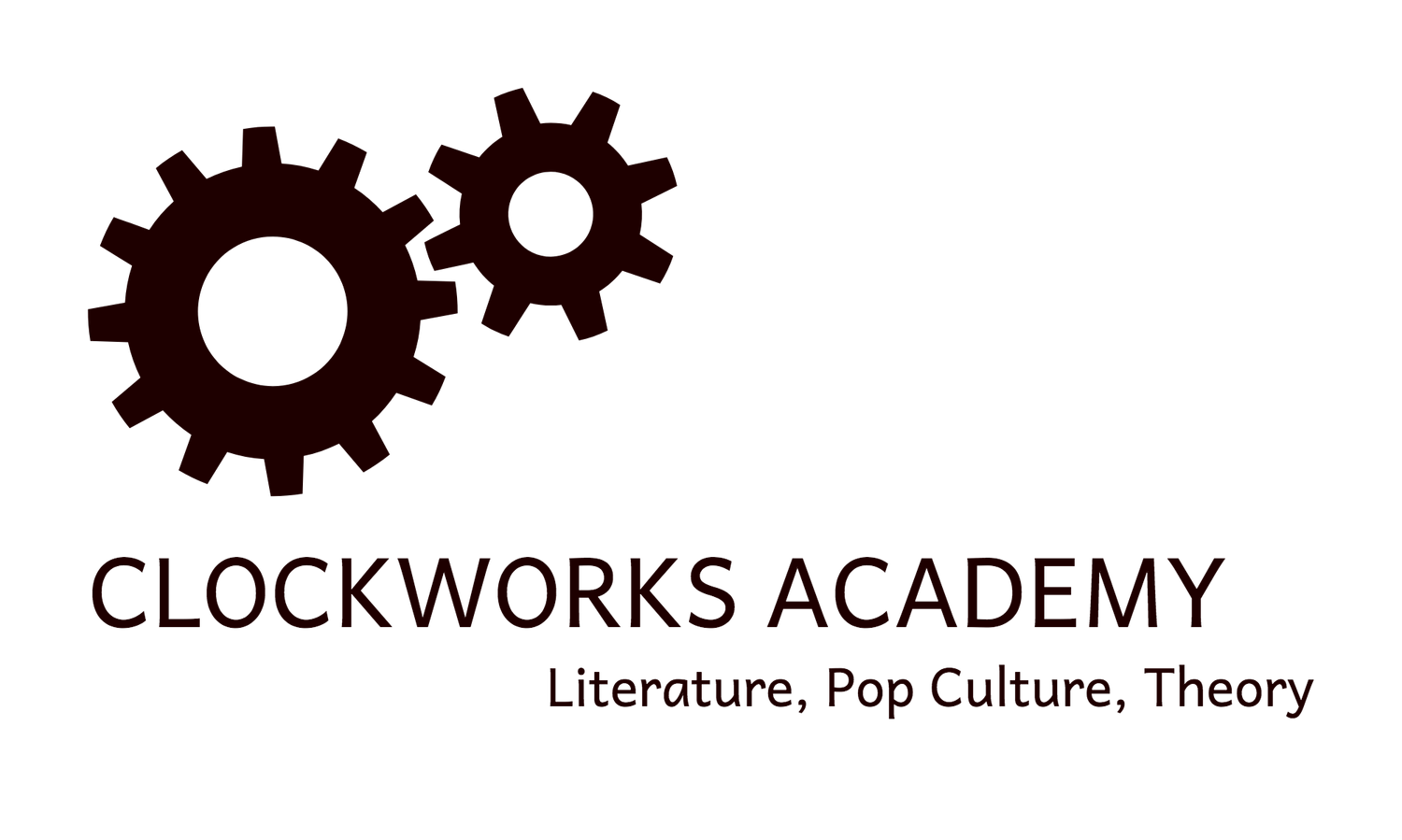Suspension of Disbelief and Frankenstein
In Mary Shelley's "Frankenstein," the reader is asked to suspend their disbelief and accept the fantastic premise of a scientist creating life from non-living matter. This concept challenges the limits of what is possible and stretches the imagination of the reader.
At Clockworks Academy, a deep understanding of suspension of disbelief is essential to creative writing. It is the idea that the audience is willing to accept the unrealistic or improbable elements of a story for the sake of enjoying the narrative. It's crucial to maintain believability, even within an unreal world, to keep the audience invested.
Shelley's "Frankenstein" not only requires suspension of disbelief but also raises moral and ethical dilemmas, and the story's elements make the reader question the limits of science and human ambition. The story's characters' experiences and their reactions to their circumstances play an important role in keeping the readers engaged.
The novel's themes are also relevant today, as we continue to question the limits of technology and its impact on our lives. With advancements in artificial intelligence and biotechnology, the question of what is ethical and where to draw the line remains crucial.
Clockworks Academy recognizes the importance of exploring these themes and encourages students to question and engage with the material they study. Creative writing is not just about telling a good story but exploring complex ideas and understanding the world around us.
In the study of "Frankenstein," Clockworks Academy emphasizes the importance of the novel's context and how Shelley's life experiences and personal beliefs influenced her writing. Understanding the background of the author and the societal context in which a work was written is crucial to understanding the themes and ideas presented in the story.
In conclusion, "Frankenstein" is a masterpiece of literature that challenges the limits of imagination and forces readers to consider complex ethical and moral questions. At Clockworks Academy, the study of "Frankenstein" is an opportunity to explore the art of creative writing and the importance of context in understanding literature
